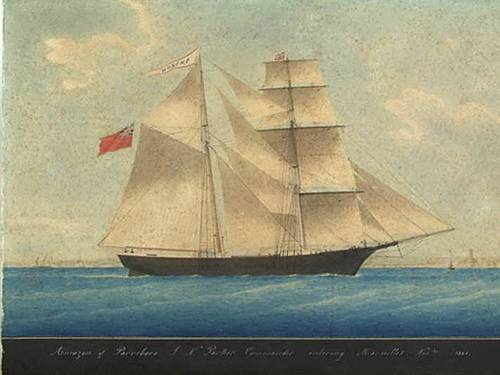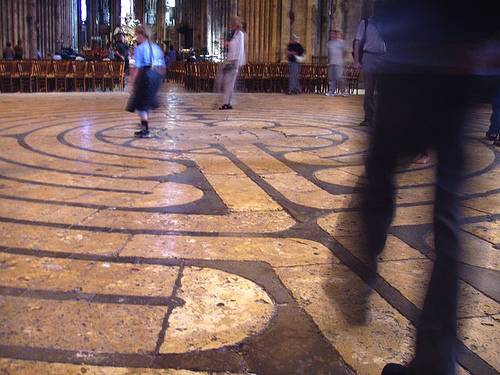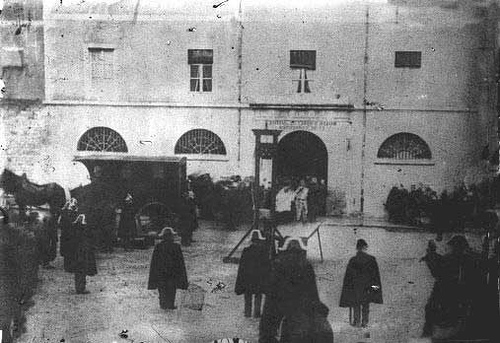Somewhere, J.F. Byrne is laughing at all of us.
A friend of James Joyce (he was the basis for Cranley in A Portrait of the Artist as a Young Man), Byrne announced in 1918 that he had devised a simple and unbreakable code system, called the “Chaocipher,” that would fit into a cigar box:
I had, and still have in mind, the universal use of my machine and method by husband, wife, or lover. My machine would be on hire, as typewriter machines now are, in hotels, steamships, and, maybe even on trains and airlines, available for anyone anywhere and at any time. And I believe, too, the time will come — and come soon — when my system will be used in the publication of pamphlets and books written in cipher which will be unreadable except by those who are specially initiated.
Unfortunately, no one was interested. The U.S. Signal Corps, the State Department, the Department of the Navy, AT&T — all turned him down.
Finally, Byrne published a lengthy coded message in his autobiography, offering $5,000 to anyone who could decipher it. A few years later, he quietly died, taking the secret with him.
The cipher has never been solved.
01/29/2014 UPDATE: In 2010 Byrne’s family donated his papers to the National Cryptological Museum, so the algorithm is now known. (Thanks, Peter.)





